So I'm trying to figure out how to solve a given equation y'=-y+2te^(-t+2) for t in [0,10], step of 0.01 and y(0)=0.
I am supposed to solve it using the Lobatto IIIA method following a Butcher tableau:
So far, this is what I got:
function lob = Lobatto_solver()
h = 0.01;
t = 0:h:10;
y = zeros(size(t));
y(1) = 0;
f = @(t,y) -y + (2*t*(exp(-t+2)));
% Lobatto IIIA Method
for i=1:numel(y)-1
f1 = f(t(i), y(i));
f2 = f(t(i)+(1/2)*h, y(i) + (5/24)*h*f1 + (1/3)*h*f2 + (-1/24)*h*f3);
f3 = f(t(i)+h, y(i) + (1/6)*h*f1 + (2/3)*h*f2 + (1/6)*h*f3);
y(x) = y(i) + h*((-1/2)*f1 + (2)*f2 + (-1/2)*f3);
end
end
It obviously makes no sense from the point when I equal f2 to itself, when the variable is still undefined.
Any help would be much appreciated :)
Cheers
